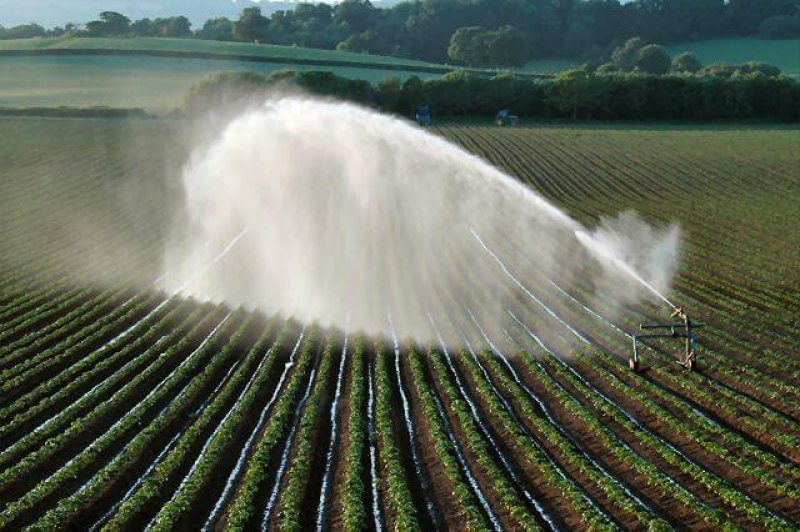Researchers on Tuesday [March 6] unveiled a genetic modification that enables plants to use a quarter less water with scant reduction in yield.
By altering a single gene, scientists coaxed tobacco plants — a model crop often used in experiments — to grow to near normal size with only 75 percent of the water they usually require.
If major food crops respond the same way, they said, the first-of-its-kind genetic “hack” could help feed the growing population of an increasingly water-starved world.
“This is a major breakthrough,” said senior author Stephen Long, a professor at the Institute of plant biology at the University of Illinois.
“When water is limited, these modified plants will grow faster and yield more.”
…
Long and his team tweaked the gene that codes a protein — known as PsbS — crucial to photosynthesis, the process by which plants convert light into nutrients.
PsbS plays a key role in relaying information about the quantity of daylight, which triggers the opening and closing of microscopic leaf pores called stomata.
…
In the genetically engineered plants, increased levels of PsbS caused the tiny leaf pores to close earlier than they normally would, allowing the plant to retain more precious liquid.
Editor’s note: Read the full study
Read full, original post: Genetic tweak makes plants use 25% less water
































